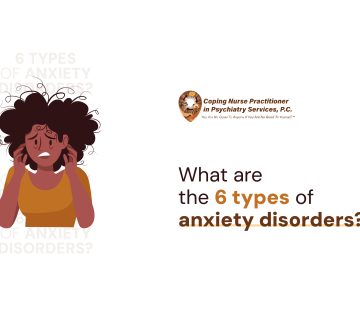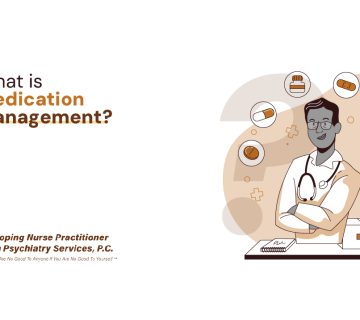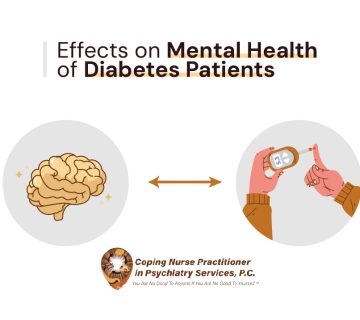Post-traumatic stress disorder PTSD is a serious mental illness that can develop after a person experiences or witnesses a traumatic event. Although it is relatively common, many misunderstandings surround the sickness, including its causes and treatments.
If you think you or someone you love might have PTSD, or are unsure and want help, Dr. Judy Vansiea and her compassionate staff at Coping Nurse Practitioner in Psychiatry Services, P.C. offer residents of Uniondale, NY and surrounding areas professional advice to cope with PTSD. Call today to talk to someone and find the assistance you need.
What are the symptoms of PTSD?
People who have PTSD can exhibit different symptoms, but some of the most common include:
- Recurring nightmares
- Flashbacks
- Agitation or extreme stress
- Intrusive thoughts or memories while awake
- Paranoia
- Isolation
- Avoiding social interactions
Many who suffer from PTSD avoid seeking treatment because of the perceived stigma that attaches to it. However, it is recognized as a legitimate mental illness, and treatment is available.
Myth #1 – Only military combatants suffer from PTSD
In popular war movies, PTSD is often portrayed as a condition caused by soldiers who have committed or witnessed horrific deeds in the name of war or survival. Because of this misunderstanding, many who have PTSD do not think they have it because they have never served in the military forces.
The fact is that anyone, including military combat veterans, can get PTSD. Any traumatic event can trigger this malady, including different forms of abuse, car accidents, or other traumatic events. Law enforcement officers and first responders are also at a high risk of developing PTSD.
Myth #2 – PTSD follows immediately after a traumatic event
Another serious misunderstanding that that PTSD develops immediately after the traumatic incident that a person witnesses or endures. Because of this, many who develop the condition later attribute it something else or do not realize they are suffering from PTSD.
The facts indicate that symptoms of PTSD typically appear within three months of the traumatic event, but this is not always true to every victim. Most often, when childhood abuse has occurred in the past, the memories are suppressed and only come to light during adulthood. Plus, the symptoms of PTSD can come and go at random, increasing the difficulty of making an accurate diagnosis.
Myth #3 – People living with PTSD are weak
One of the most harmful myths about PTSD is that those who suffer from it are weaklings who cannot cope with life experiences. This misunderstanding stands on the fact that not everyone who endures or witnesses a traumatic event develops PTSD. Those who do must be “mentally weak” and need a medical crutch to lean upon.
The sad but true fact is that PTSD is a serious mental health condition that profoundly affects about one in every eleven Americans. Medical experts have determined that those who live with PTSD experience a chemical alteration in the brain that profoundly affects how events are processed. This to some and not to others, and no one can pinpoint who will develop PTSD and who will not.
Getting the help you need for PTSD
There currently is no cure for PTSD, but treatment is available to help you or your loved one manage it and continue to live a productive life. Dr. Vansiea and her team can work with you to provide an accurate diagnosis and a carefully tailored treatment plan for your unique circumstances.
You do not need to suffer in silence and shame – you have nothing for which you need to be ashamed. Dr. Vansiea and her team can give you hope and help for a better life. Call 516-247-3525 or send a message online to arrange for your confidential consultation.





No comment